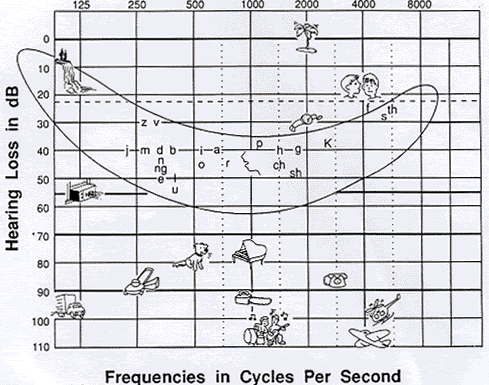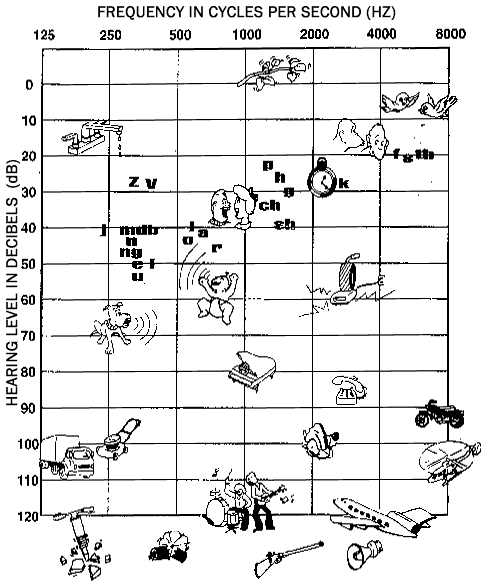- Joined
- Sep 14, 2006
- Messages
- 14,491
- Reaction score
- 11
Quote:
The Sapir-Whorf hypothesis primarily dealt with the way that language affects thought. Also sometimes called the Whorfian hypothesis, this theory claims that the language a person speaks affects the way that he or she thinks, meaning that the structure of the language itself affects cognition
I have a few students in my class (I teach 1st grade) who have no use of their CIs and dont have language since they just started learning ASL so now I can believe why their ability to pick up on language whether it is either ASL or English in print is severly delayed if the Whorfian hypostesis is true about how the structure of the language itself affect congnition . Now I can keep that in mind whenever my student struggle to remember their vocabulary with ASL and English.
Yes, those students got their CIs prelingually. It seems the CI is not working for them so their parents had them sent to my school knowing that they need ASL to develop language. I just hope it is not too late.
That is why I want parents to learn sign just in case. CIs are very useful but the outcome and success is variable with them so I want all bases covered.
I keep thinking of that grandfather who's a friend of my parents who has a deaf grandson. He says he doesn't speak well despite being implanted when he was very young. I wonder if he has good language skills or if he knows sign.





